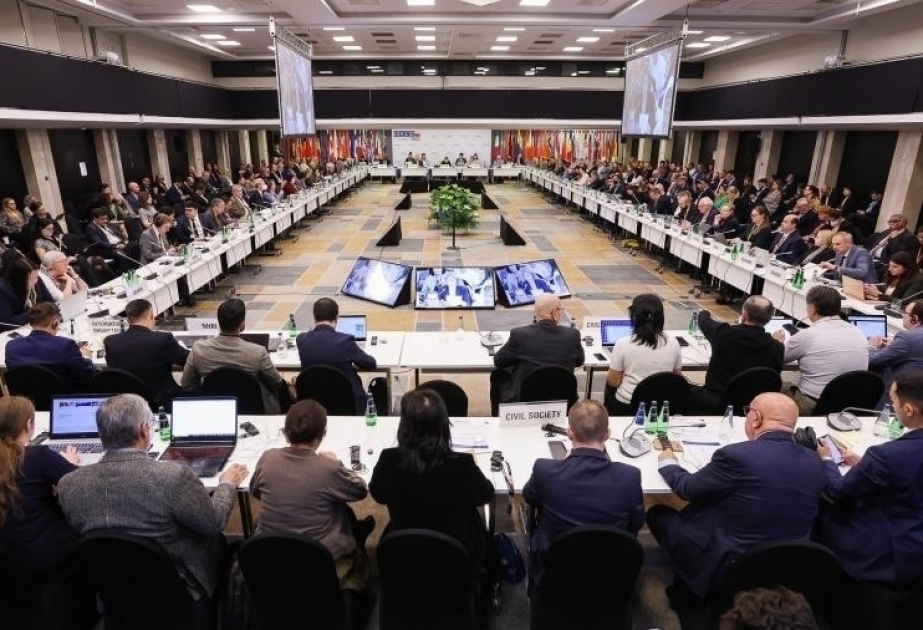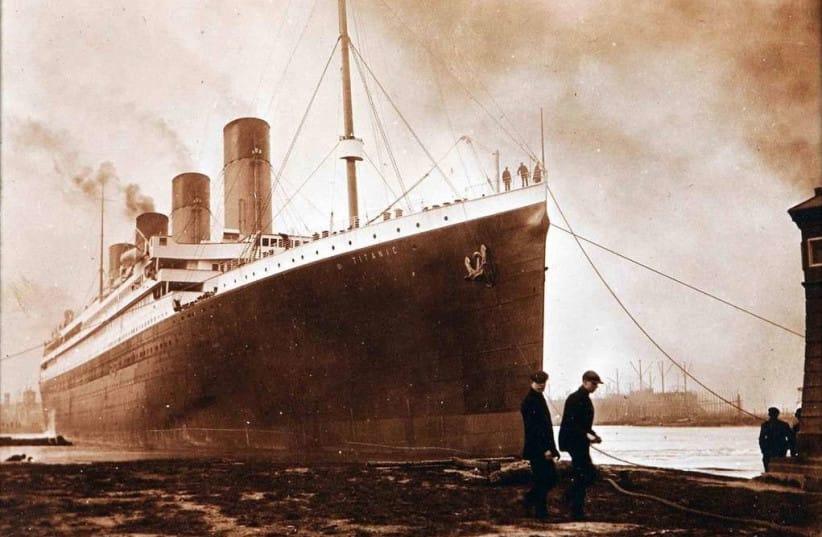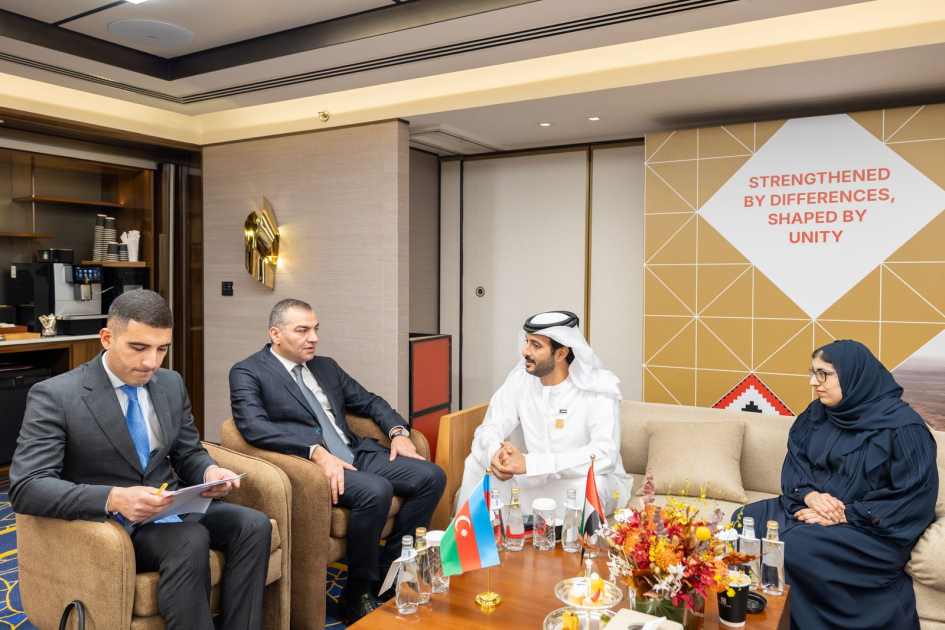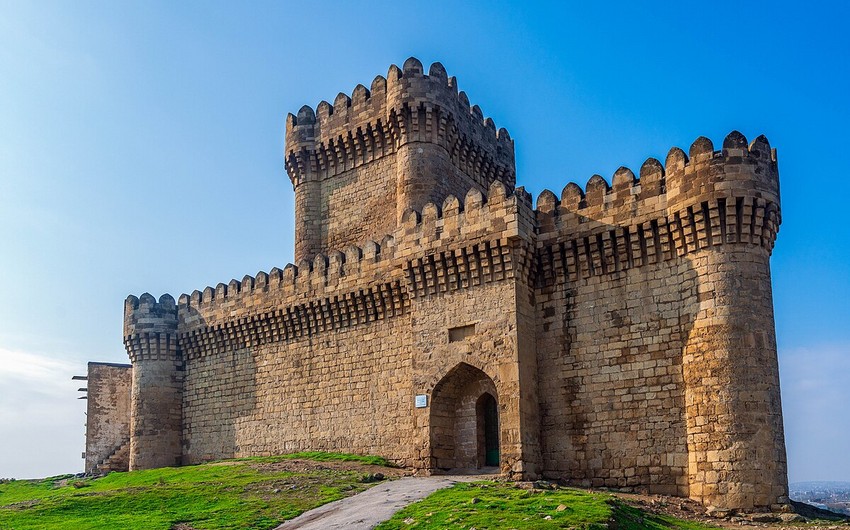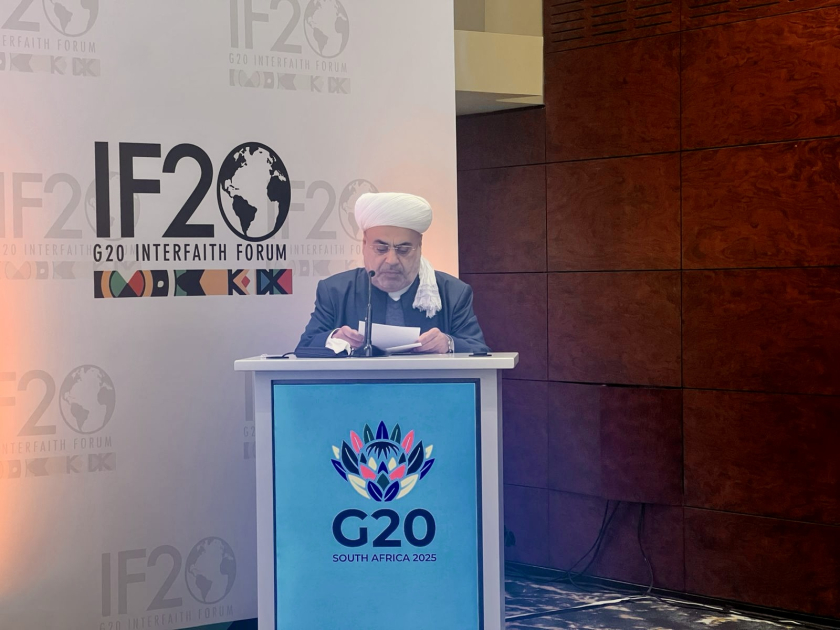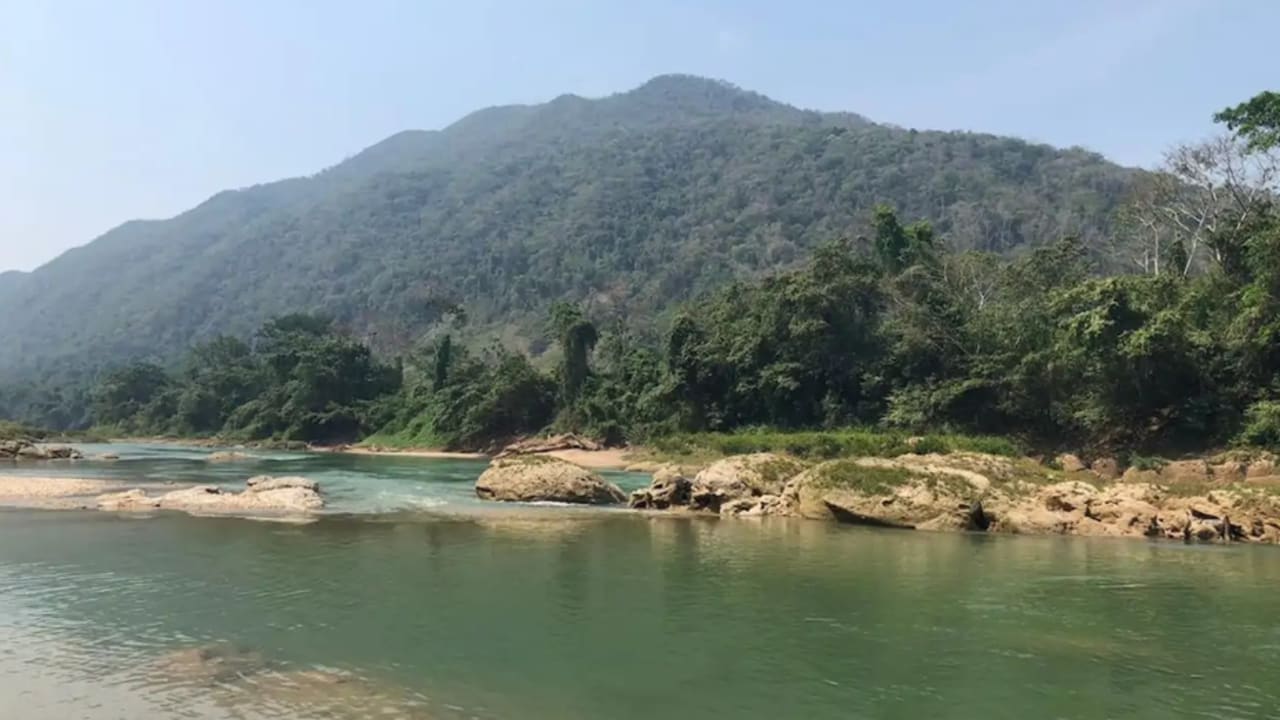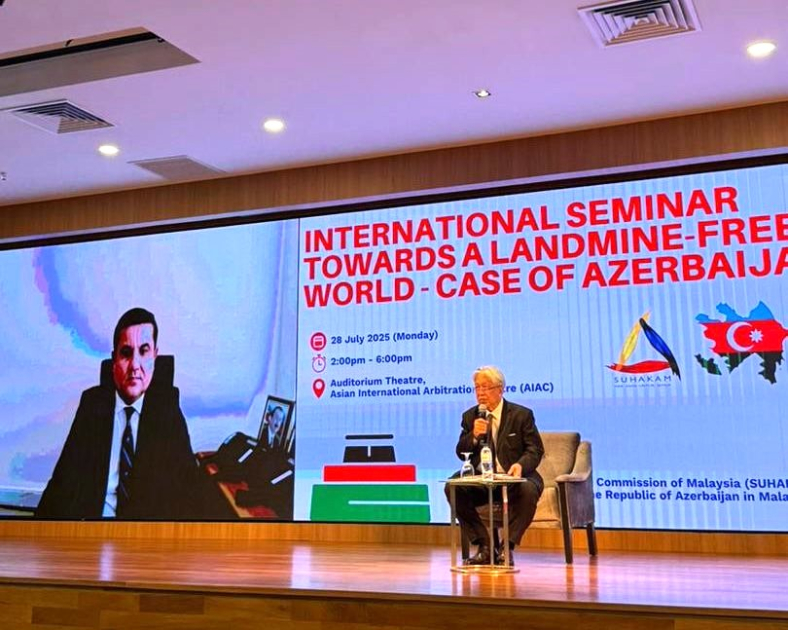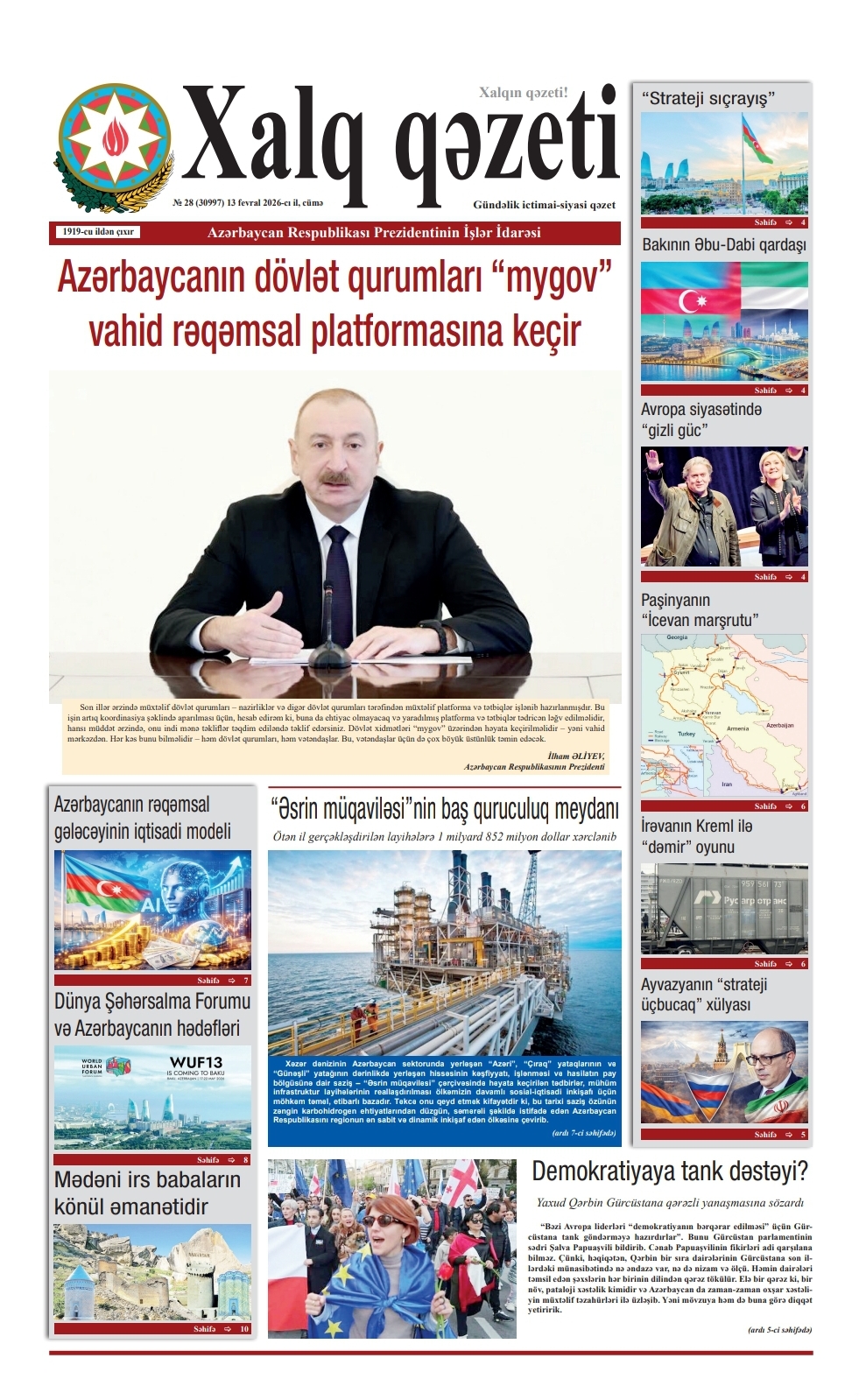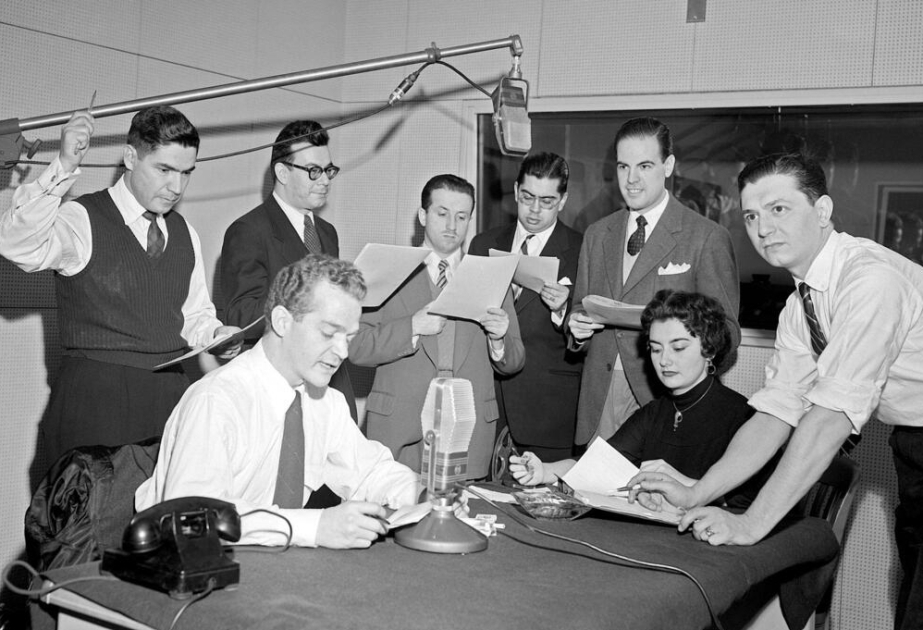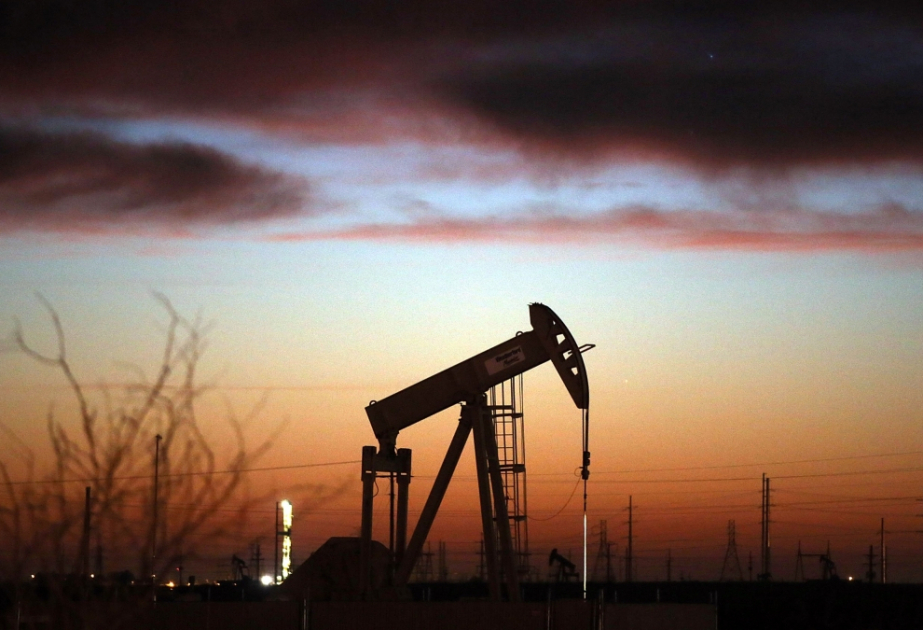Recent years have seen tangible development in the sector of non-governmental organizations in Azerbaijan. In particular, the establishment of the public legal entity “Agency for State Support to Non-Governmental Organizations of the Republic of Azerbaijan” by a decree of President Ilham Aliyev dated April 19, 2021 has paved the way for significant development of this field.
It is worth noting that the situation in the country’s NGO sector was not particularly reassuring in the past. Some NGOs fell under the influence of foreign circles, were involved in activities that ran counter to the interests of Azerbaijan, and took steps harming the authority of our country. Nowadays, however, there is a visible revival in the NGO sector. Well-educated representatives of NGOs with advanced foreign language skills, broad outlook and knowledge successfully participate in international events, convey Azerbaijan's rightful voice, its position of justice and current realities to the whole world, and effectively fight against activities against our country.
This was confirmed again recently at the Warsaw Human Dimension Conference in Poland held at the invitation of the OSCE chairman. The active participation of Azerbaijani NGO representatives in the conference and their presentation conveying the truth about our country to the world are further evidence of that. In particular, during the first panel session on “Democratic Institutions” on October 2, Azerbaijani civil society activist Orkhan Amashov, referring to the so-called “presidential election” held in Karabakh last month, said: “No state will allow any illegal activity in its sovereign territories. No state should consider the existence of such an entity or the so-called “election” held by this entity as acceptable. The rule of law must be provided and the constitutional structure of that state must be applied to its entire sovereign territory. For more than 30 years, the separatist junta in the territory of Azerbaijan, which neighboring Armenia has provided both material and military support, has enjoyed complete impunity.
On September 9 of this year, the illegal and self-styled entity called the “Republic of Nagorno-Karabakh” held a fictitious election in the Karabakh region of Azerbaijan. Fortunately, the international community, including many OSCE member states and the European Union, condemned that election and once again reaffirmed their support for the territorial integrity of Azerbaijan. They declared that the framework in which the “election” was held was completely unacceptable.”
The NGO activist said with regret that the OSCE itself had not issued a statement condemning the fake “election”.
Noting that a process of disarmament and reintegration was continuing in Karabakh today, Orkhan Amashov said: “On September 28, the breakaway entity declared that it was dissolving itself. The key issue now is the reintegration of the infrastructure in the territory of Karabakh, as well as the provision and protection of the rights and security of the local Armenian population of Karabakh within the framework of the Constitution of Azerbaijan, as well as the international conventions our country is a signatory of. It is important to ensure the participation of the Armenian population of Karabakh in the region’s governance. Currently, the process of reintegration continues and we do hope that those who left Karabakh during the recent events and consider themselves Karabakh Armenians will return and become Azerbaijani citizens. This creates ample opportunities for both Azerbaijan and Armenia in terms of finally signing the long-awaited peace agreement.”
Adnan Huseyn, civil society activist from Azerbaijan, said in remarks at the second panel session on “Fundamental freedoms” on October 3: “Today we are talking about the resolution of issues related to freedom of opinion, freedom of expression, freedom of the media, safety of journalists, which are important for democracy and freedom. It is disappointing to see the media's biased attitude towards Karabakh, the frequent accusations against Azerbaijan and the fact that a blind eye is turned to the injustices we faced during the decades of occupation of our internationally recognized lands. This raises the question, ‘Does the international community follow the media inaccurately or has it become a victim of journalistic incompetence?’”
Speaking about the young Canadian journalist who visited Shusha in February, Adnan Huseyn said that the journalist was faced with a campaign of threats after returning to his country. “In the early 1990s, although Azerbaijanis were massacred in Karabakh, our cities were destroyed, our cultural heritage was ravaged, our cemeteries were desecrated, our natural resources were looted, and we were faced with a serious environmental situation, only a handful of media organizations covered these events objectively,” the civil society activist said.
Touching upon the last visit of the UN mission to the region, Adnan Huseyn noted that members of the mission had confirmed that no damage was done to public infrastructure such as hospitals, schools, settlements, cultural and religious facilities in the areas they visited.
The NGO activist informed the conference participants that martyred Azerbaijani journalists Siraj Abishov and Maharram Ibrahimov had fallen victim to the landmines planted by Armenian separatists, adding that foreign media representatives confirmed that they had not come across cases of forced displacement of people from their homes or violations of their rights in Karabakh. He also stressed the need to eliminate the prejudice Azerbaijan was facing.
Yegana Hajiyeva, a civil society activist from Azerbaijan who addressed the same panel, spoke about the situation of the media in Armenia and the pressure being put on journalists and media activists in that country. She said the Armenians had created a fake page on social media and were threatening women and children with death. Later, Armenian officials began to use this information against Azerbaijan.
In her remarks, Yegana Hajiyeva also talked about the challenges journalism was facing, the fact that those working in the field of military journalism were putting their lives at risk every day, were subjected to political persecution, online threats and insults. Citing the Karabakh conflict as an example, she said that more than 300 Azerbaijanis had become victims of landmines since the war ended. She said Azerbaijani journalists Siraj Abishov and Maharram Ibrahimov had fallen victim to a landmine planted by Armenians. Yegana Hajiyeva emphasized that one of the most important issues of media legislation should be the provision of journalists with a safe working environment.


